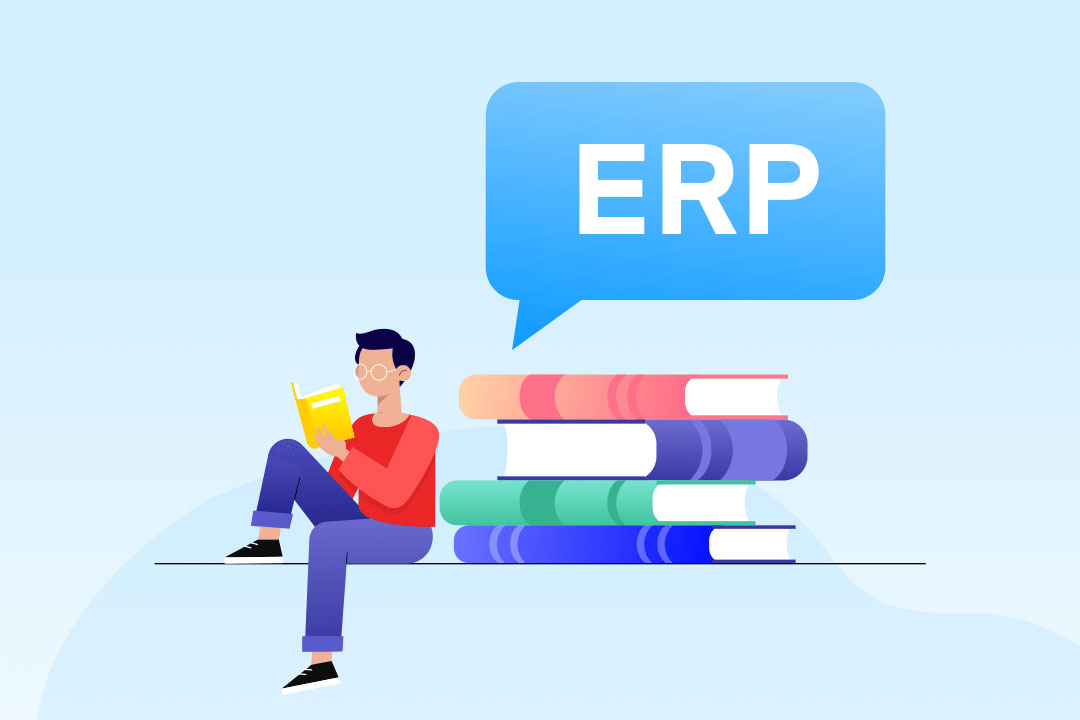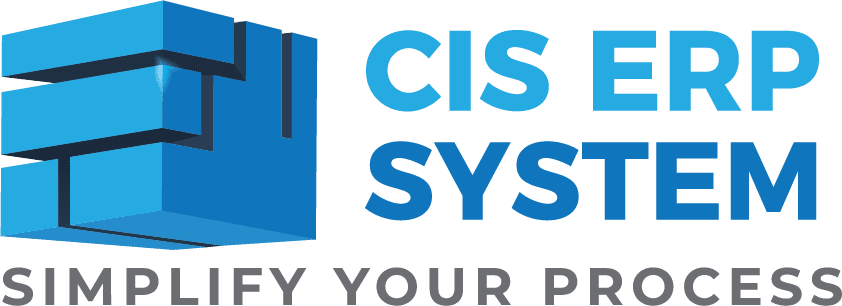
Choosing the right tools to manage your school can be the difference between chaos and calm. Every day, educational institutions deal with numerous student records, admissions, staff management, class schedules, and more. Without a clear system, things easily fall through the cracks.
This is exactly where ERP software for educational institutes becomes essential. It offers more than just tools. It provides peace of mind. Instead of jumping between spreadsheets, systems, and manual records, ERP brings everything under one digital roof. It’s like having a smart assistant that allows institutions to focus on what truly matters: students, learning, and growth.
Let’s take a closer look at why ERP software for educational institutions is becoming increasingly crucial.
What Are Higher Education ERP Systems?
ERP software for educational institutes enables colleges and universities to manage all their day-to-day operations. These systems consolidate tasks such as managing student data, fee records, and staff details into a single platform. Everything becomes easier and faster.
You don’t need ten different systems for different departments. One ERP system brings them all together. It helps improve teamwork, saves time, and supports better planning. The best part? It reduces mistakes and provides real-time updates.
Who Uses Higher Education ERP Systems?
Administrators play a key role in running schools. They utilise ERP systems to simplify tasks like admissions, enrollment, and course planning. These systems provide them with the data they need to make informed choices.
- Faculty Members: Teachers use ERP systems to manage students and courses. They can see how students are doing, keep track of grades, and give feedback quickly.
- Students: Students also benefit from ERP systems. They can register for classes, access academic resources, check their grades, and communicate with teachers through these systems. ERP systems make accessing important information and resources easy.
- Staff: Staff in finance, human resources, and student services rely on these systems for payroll, hiring, and student support. By organizing information and automating tasks, they boost efficiency and help teams focus on what really matters.
Benefits of Higher Education ERP Systems
Higher Education ERP systems offer a range of benefits that significantly improve the efficiency and effectiveness of academic institutions. From streamlined administrative tasks to enhanced data management, these systems offer valuable tools that support both operational and strategic goals.
Improved Daily Productivity
These systems automate tasks like data entry and report creation, saving teachers and staff time. With easy access to information, staff can focus on important tasks.
Link Multiple Departments and Campuses
ERP systems centralise data and processes from different departments and campuses. This helps everyone work together better, makes information sharing easy, and helps make good decisions and run things smoothly.
Better Internal Communication
Such systems enable seamless communication among all stakeholders, including faculty, students, and staff. This helps share information more effectively, reduces errors, and facilitates collaboration among departments.
Streamlined Administrative Processes
Admissions and student record management get a serious upgrade through automation. By reducing on manual work, accuracy improves, time is saved, and productivity gets a solid boost across the board.
Improved Data Accuracy and Reporting
ERP systems effectively manage data and minimise manual entry. They also offer great reporting tools. This means schools get real-time information to make better decisions and track their progress.
Improved Student Experience and Engagement
Enterprise Resource Planning software for educational institutes improves school life for students from start to finish. They offer self-help portals, personalised messages, and easy access to resources, which makes students happier, more involved, and more likely to stay.
Automated Workflow Management
Automation keeps tasks on track with timely alerts, helping approvals and document tracking flow seamlessly. This smooths operations and lightens the workload for staff, so things get done without the usual hassle.
Better Resource Allocation and Utilisation
ERP systems demonstrate how effectively resources are utilised across departments and campuses. They help schools employ resources wisely, identify areas for improvement, and make informed choices. This leads to better efficiency and saves money.
Scalable and Flexible Infrastructure
As schools grow and transform, their management tools evolve right alongside them. They easily scale to handle more students, new campuses, and emerging technologies, laying down a strong foundation that’s ready for whatever the future throws.
Secure Data Management and Compliance
Keeping sensitive data secure and private is non-negotiable. That’s why these systems come loaded with robust security features designed to meet strict legal standards. They safeguard your information with airtight protocols, dramatically reducing the risk of breaches and ensuring compliance every step of the way.
Top Features in Higher Education ERP Systems
Higher education ERP systems have many powerful features. They help institutions operate more efficiently, manage complex tasks, and maintain smooth operations across various departments and campuses.
Human Resources Management
A strong ERP system for higher education has great human resources management. It lets institutions handle employee data well. They can process payrolls, manage benefits, and improve talent management efficiently.
Financial and Accounting
Managing money well is very important for colleges and universities. ERP systems have financial and accounting tools that make managing money easier. They assist with budgeting, managing finances, tracking expenses, and reporting on financial matters.
Billing and Payment Processing
ERP systems make handling student fees and payments easy. They simplify the process of billing and taking payments. This means less room for mistakes and payments come on time, helping the school’s finances stay healthy.
Mobile Compatibility
Today’s systems for higher education are well-suited for use on mobile devices. This lets people like faculty, staff, and students use the system anywhere, anytime. It makes getting important info easy and helps people work together better across the campus.
Data Analytics and Reporting
These systems have strong tools for data analytics and reporting. These tools give institutions deep insights into how they work. They provide leaders with the data they need to make informed decisions and enhance the school.
System Integrations
ERP systems integrate seamlessly with other systems and applications, ensuring that information flows smoothly throughout the school. They also integrate with systems such as student information systems and financial aid systems, reducing manual work and ensuring data accuracy and up-to-date information.
Potential Challenges with Higher Education ERP Systems
While higher education ERP systems offer numerous benefits, they also present certain challenges that institutions must address. Understanding these potential issues can help schools prepare and implement effective solutions.
Poor Integrations
Sometimes, systems do not work smoothly with existing technologies. As a result, data may get trapped in different departments, slowing down operations and preventing a clear, unified view of information.
Data Protection
Moreover, protecting sensitive student and staff data is crucial. ERP systems must have strong security features to block hackers and unauthorised access.
Final Thoughts
ERP software for educational institutes helps schools grow stronger. It saves time, improves teamwork, and supports better planning. It brings peace of mind to everyone involved.

